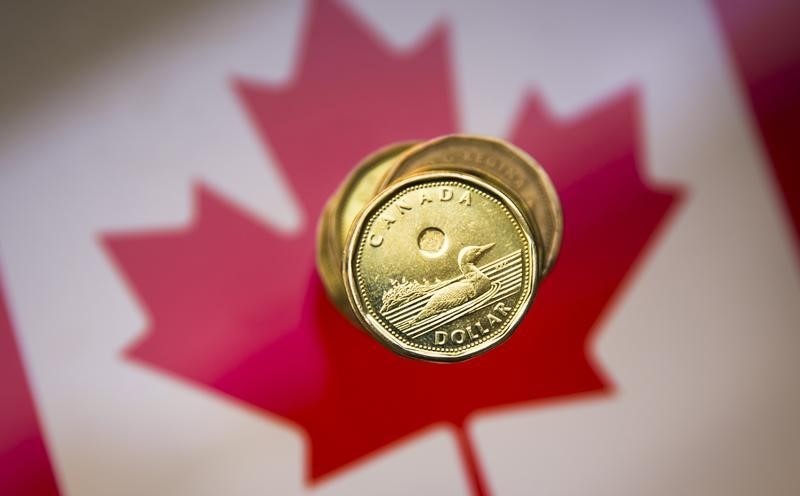* Canadian dollar weakens 0.2 percent against the greenback
* Canadian bond prices rise across a flatter yield curve
* Price of U.S. oil rises 0.2 percent
By Fergal Smith
TORONTO, Jan 21 (Reuters) - The Canadian dollar weakened against its U.S. counterpart on Monday as investors worried about progress on trade talks between the United States and China and after the International Monetary Fund cut its world economic growth forecasts.
The IMF predicted the global economy would grow 3.5 percent in 2019 and 3.6 percent in 2020, due to weakness in Europe and some emerging markets, and it said failure to resolve trade tensions could further destabilize a slowing global economy. United States and China have made little progress in trade talks on the potential sticking point of China's alleged intellectual property theft, according to Bloomberg.
Hopes that the world's two largest economies are moving closer to a trade deal have helped boost stocks since the start of the year.
"Today was the first time we have seen a headline in 2019 that maybe the negotiations are a little further apart than what markets had been previously anticipating," said Scott Smith, managing partner at Viewpoint Investment Partners.
China's economic growth cooled slightly in the fourth quarter from a year earlier as expected, weighed down by weak investment and faltering consumer confidence as Washington piled on trade pressure, leaving 2018 growth the weakest in 28 years. exports many commodities, including oil, so its economy could be hurt by a slowdown in the global economy.
U.S. crude oil futures CLc1 rose 0.2 percent but the rally in global equities stalled. U.S. markets were closed for Martin Luther King Jr. Day. 3:46 p.m. (2046 GMT), the Canadian dollar CAD=D4 was trading 0.2 percent lower at 1.3294 to the greenback, or 75.22 U.S. cents, which matched the decline for the New Zealand dollar NZD= as the biggest among G10 currencies.
The loonie, which hit a nine-day low on Thursday at 1.3319, traded in a range of 1.3257 to 1.3318.
The decline for the loonie comes after data on Friday showed a pick-up in December in Canada's annual inflation rate but stable underlying price pressures that could forestall additional interest rate hikes from the Bank of Canada over the coming months. manufacturing and wholesale trade data for November are due on Tuesday. The November retail sales report is due on Wednesday.
Canadian government bond prices were higher across a flatter yield curve, with the 10-year CA10YT=RR rising 14 Canadian cents to yield 2.020 percent. On Friday, the 10-year yield touched its highest intraday in one month at 2.049 percent.
